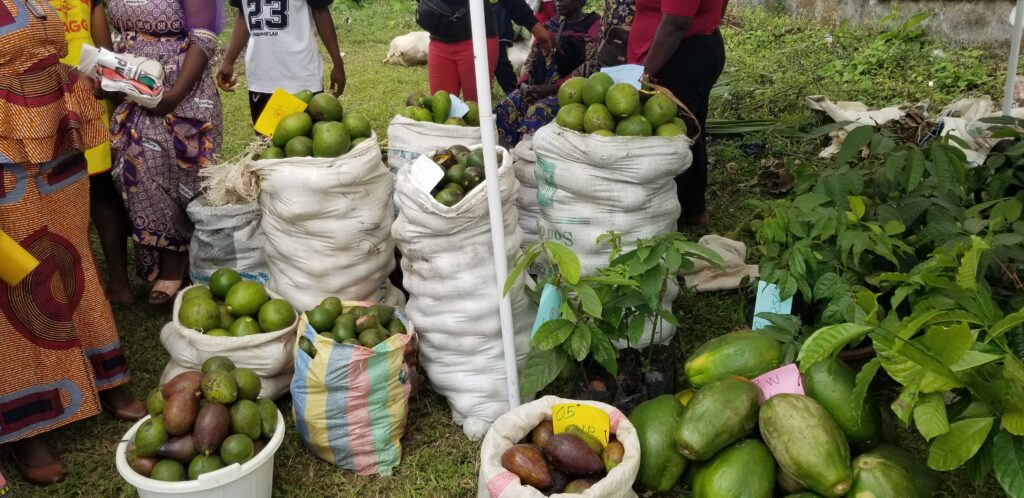
The Challenges Stifling Cameroonian Agriculture:
While Cameroon boasts a robust agricultural sector, employing over 70% of the workforce, its potential remains untapped. Despite representing the backbone of the rural economy, agriculture contributes only 15% to national income. This stark discrepancy results from a multitude of challenges:
Climatic Threats:
- Climate Crisis: Erratic weather patterns, droughts, and floods disrupt cultivation and yields.
- Soil Degradation: Unsustainable practices deplete soil fertility, impacting productivity.
Limited Resources:
- Land Access: Unequal land distribution restricts cultivation opportunities for many farmers.
- Improved Seeds: Scarcity of improved, resilient seeds hampers production potential.
- Financial Constraints: Limited access to loans and capital hinders investment and expansion.
Post-Harvest Losses:
- Inefficient Storage: Lack of proper storage facilities leads to significant wastage.
- Limited Market Access: Unstable and poorly developed markets constrain fair pricing and profits.
Social and Political Tensions:
- Farmer-Grazier Conflicts: Competition for land and resources fuels tensions between farmers and pastoralists.
- Internal Displacement: Conflicts and instability displace rural communities, disrupting agricultural activities.
- Global Impacts: The COVID-19 pandemic and Ukraine crisis have further exacerbated challenges with rising input costs and supply chain disruptions.
Vulnerability of Smallholder Farmers:
These challenges disproportionately impact smallholder farmers, who produce 80% of the nation’s food. Women smallholders, in particular, face added barriers due to cultural and social gender inequalities.
Beyond the Challenges:
In addition to these broad categories, others include:
- Limited access to training on best practices, soil conservation, and pest management.
- Lack of modern farm tools and equipment.
- Limited access to post-harvest processing and value-adding opportunities.